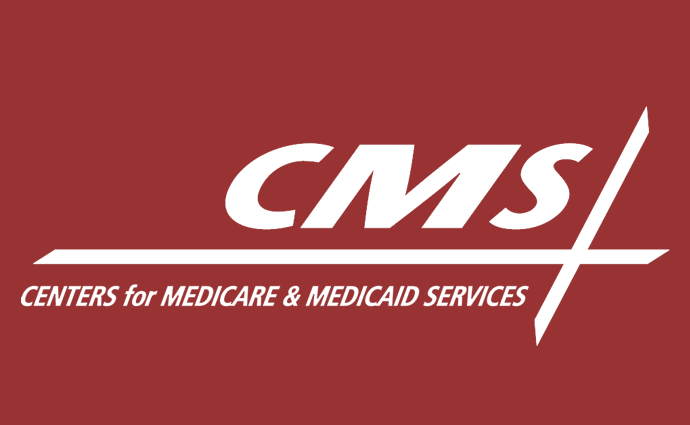Eligibility Process Impacts Medicaid, CHIP Improper Payment Rates
As HHS releases FY 2019 improper payment rates, the department emphasizes the need to reform eligibility documentation.

Source: CMS
- While HHS celebrated the lowest Medicare fee-for-service improper payment rates in nearly ten years, eligibility complexities and fraud have racked up false payments in Medicaid and the Children’s Health Insurance Program (CHIP).
For fiscal year (FY) 2019, improper payments amounted to $57.36 billion with an estimated improper payment rate of 14.9 percent for Medicaid and $2.74 billion (or 15.8 percent estimated improper payment rate) for CHIP.
“Our progress on improper payments is historic, but there’s more work to be done,” CMS Administrator Seema Verma said. “CMS has taken a multifaceted approach that includes provider enrollment and screening standards to keep bad actors out of the program, enforcement against bad actors, provider education on our rules and requirements, and advanced data analytics to stop improper payments before they happen. These initiatives strike an important balance between preventing improper payments and reducing the administrative burden on legitimate providers and suppliers.”
HHS pointed to the CMS program integrity strategy that the agency defined in FY 2018 to indicate that the administration is working on a solution to high improper payment rates. The strategy uses medical loss ratios (MLRs) and data analytics to make audits more targeted and effective. It also means that the agency will start screening providers and revamp Medicaid scorecards in order to prevent fraudulent activity.
While not all improper payments are the result of fraud, the agency indicated that these measures will help identify potentially criminal activity.
CMS recently announced the Medicaid Fiscal Accountability Rule (MFAR), which seeks to expand oversight, increase Medicaid payment transparency, and improve program integrity. HHS revealed that CMS will be proposing more regulations to improve the eligibility verifications in the future.
In CMS’s announcement, the agency stated that these numbers are not comparable to previous years’ improper payment estimates due to the renewal of the Payment Error Rate Measurement (PERM) eligibility reviews.
These reviews were paused from FY 2014 to FY 2018, but CMS is now rolling out the updates in cycles. This year 17 states conducted the eligibility report with the PERM standards and the rest of the nation will phase in the program over the next two years.
The department and CMS anticipate that, as a result, the agency will identify even more improper payments in the coming years, as more states will comply with the updates. In FY 2018, Medicaid improper payments amounted to around $36.25 billion (9.79 percent estimated improper payment rate) and CHIP improper payments were at about 8.57 percent estimated improper payment rate, or $1.39 billion.
The most common error that CMS found when reviewing the PERM findings was states failing to obtain enough documentation to verify income and other personal data. Furthermore, states failed to execute the redetermination process for providers correctly. In other scenarios, they did not comply with enrollment, screening, and other national identification standards.
As a result, an individual may have received a higher federal matching rate than he or she qualified for after being incorrectly categorized. Specifically relevant to CHIP’s improper payment estimate, claims were sometimes mislabeled as CHIP-eligible but after checking the beneficiary’s income it became clear that the individual was eligible for Medicaid, not CHIP.
The issue is not a new one. Earlier this year, a GAO report found that in FY 2017, 57 percent of fee-for-service improper payments in Medicaid were due to insufficient documentation and has consistently experienced this problem since 2011.
Developing improper payment calculations that are accurate takes years to test and implement, CMS said. The agency referred to the problems with the Advance Payments of the Premium Tax Credit (APTC) identified in FY 2016 that CMS is still in the process of repairing.
The news may look bleak for Medicaid and CHIP beneficiaries, but it comes with good news for seniors. Improper Medicare payments dropped to $7 billion.
